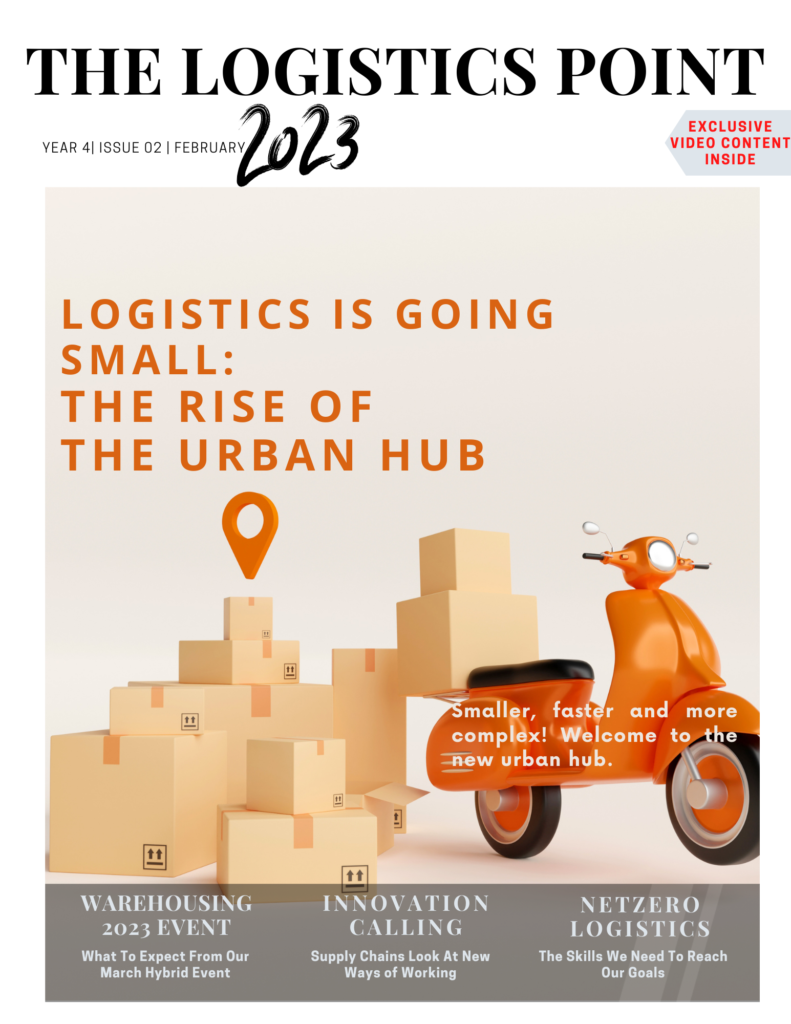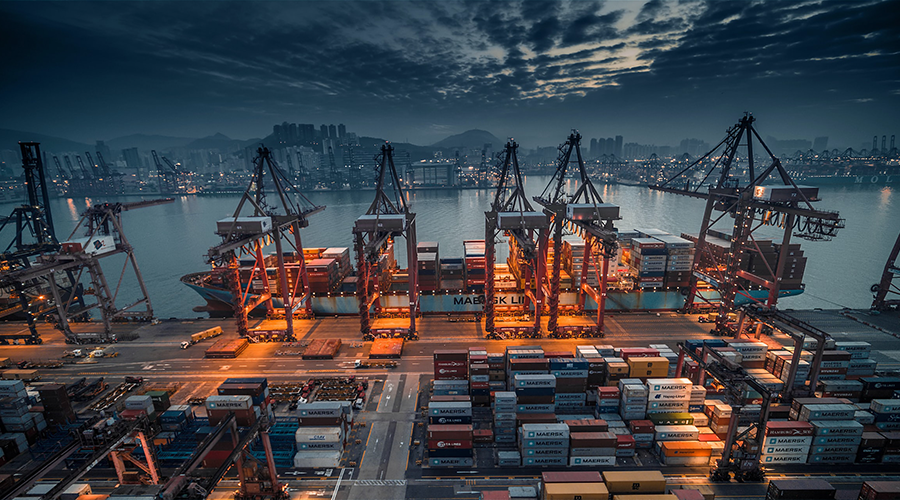The fallout from the Russo-Ukrainian War remains a widespread concern for more than two-thirds (68%) of organisations in EMEA, according to Reuters Events latest report on The State of European Supply Chains 2022, commissioned by JLL (NYSE: JLL).

The survey of over 170 occupiers, including logistics service providers (LSPs), manufacturers, and retailers, identifies the main concerns from respondents for the year ahead, and the steps needed to mitigate the impact of rising costs, weakening demand, and the heightened risk of disruption on supply chains.
However, with Eurozone inflation having peaked last October, the report also provides a guide for occupiers on how best they can improve resilience and efficiency in what will likely be more favourable conditions later this year.
In addition to the Russo-Ukrainian War, the report reveals that inflationary pressures are also driving occupiers’ decision making, especially when it comes to concerns around transportation networks (72%) and energy usage (63%).
Over half of respondents (51%) said they are planning to optimise their supply chains through new warehouse locations, showing a preference for proximity to transport hubs and end markets. Since developable land is scarce in these locations, it is likely that a large share of existing stock needs refurbishment to meet occupiers’ demands for better quality, automation, and high sustainability standards.

The survey also confirms that having already returned to a more sustainable level since Q3 2022, demand should remain stable over the next six-to-nine months as occupiers work out their different inventory management strategies. Moderating inflation likely also explains why the majority (81%) of survey respondents expect to only have to pass some costs onto customers this year.
The tide could also turn on port capacity constraints and the fallout from COVID, with only 18% of respondents identifying these as concerns. Similarly, cheaper shipping and a less frenetic market for industrial space could provide some relief to European supply chains by the second half of the year.
Guy Gueirard, Head of EMEA Logistics at JLL said, “As a result of recent disruption, we’ll likely see some restructuring of our supply chains in Europe, including changes in the location and nature of industrial and distribution facilities. Our survey provides investors in industrial and logistical real estate with an understanding of what occupiers will be focusing on moving forward and how to best navigate the economic outlook for this year”.
Alex Hadwick, Head of Research, Reuters Events also commented, “With cheaper shipping costs and a less volatile market on the horizon, it is encouraging to see there could be some respite in the second half of 2023. To make the most of the year ahead, we encourage businesses to seriously consider the recommendations in our report when it comes to future-proofing supply chains and improving resilience”.



